My family’s unusual connection to the incident:
My dad and mom worked at WGAL and met Harold Denton, head of the NRC, during the incident.
Harold Denton interviewed with my Mom, Carole Bitts. My dad, John Bitts, was the director of the segment. My mom hosted an educational children’s TV show called “Young Scene,” and although Denton didn’t do news interviews in the aftermath of the TMI incident, he did work with my mom and dad on an episode of that show.
My dad hosted him at our house for dinner, in Columbia, Pa., very soon after the incident, and our family met his a few times.
The personal (kid’s) memories informing the poem:
During the incident, I lived in Columbia, Pa., and I was 11 years old. My school, St. Peter’s, was evacuated in very dramatic fashion–we were told to rush right home and close all the windows and doors to keep the radiation out. I remember rushing home from school, holding my breath. I kept a packed suitcase under my bed for about two weeks. Because my dad was working with Harold Denton, we didn’t evacuate, but my dad’s plan was to move the family to Lancaster if it got bad, while he continued to work in Harrisburg, so at night, I listened for evacuation sirens. The China Syndrome was in the theater right before the time of the incident: that, and Harold Denton’s assurances (around the dinner table), and the frantic teacher at my school were my big sources of information about what was going on.
The poem:
I performed this poem (which is a little more like monologue than print poetry–meaning, it’s meant to be heard) quite a bit at one time in Lancaster and Philly, along with other performance poems, as well as more traditional (more concise) poems. It’s a memory of what it’s like to be a kid with an overdeveloped sense of adventure and imagination (and not enough information) during this national incident, and it was my ace in the hole for winning poetry slams.
Listening for the Apocalypse
I imagined radiation:
chartreuse, gleaming
dust-sized particles,
thick in the air;
Humming and buzzing;
darting around us like flu germs,
the color of highlighters.
I imagined oxygen:
like dark viscous smoke
oozing slow
over Pittsburgh:
Dark, and graceful as
molasses on pancakes, or
octopus ink
I imagined the smell:
that syrupy dampness
Ophelia tasted,
the dark swamp
in her lungs,
filling her like sleep;
changing the color
of her eyes.
I imagined it entering the bellies
of catfish and carp
and goldfish that darted about
in glistening ponds.
How cows would absorb it:
Slurping it noisily,
snorting in air
thick and wet
with beaming, juicy
radio waves
that mingled with alfalfa and clover
to make strangely sweet milk
that was science-fiction blue.
I imagined drinking this milk in the dark:
gulping it slowly,
gulping it down
til I had a pale, thin
corridor of fluorescent lights
snapping on silently
from my throat to my stomach —
a dazzling, lengthening threadline
of light that wrapped itself in my belly –
light wrapped around light —
til I had a vibrant, radiant ball
there, in the center of me.
Just like ET.
I remember radiation
in those quirky days before,
when fission was our pal.
When we thought driving to
my grandmother’s house —
13.5 miles away —
might save us from the meltdown.
when the N.R.C. could easily have meant
Not Really Cancerous.
And as I laid there awake,
Small in my bed,
Listening for fire alarms —
imagination fluttering —
I thought about fleeing
to where the air
smelled like chocolate
where summer raged like a carnival
where everybody brought their favorite toy
where there were no Dads
where there was no school
where the kids knew as much
about the future as grownups
where time would slow down —
and there, with my overnight
bag tucked under my bed —
jammed to near-bursting with
all I would need for the Apocalypse
(some candy bars, some underwear
some Milk Bones for the dog),
I laid there awake,
strained to hear sirens
in the faraway night —
after the rain —
and I knew
this was the best week of my life.
